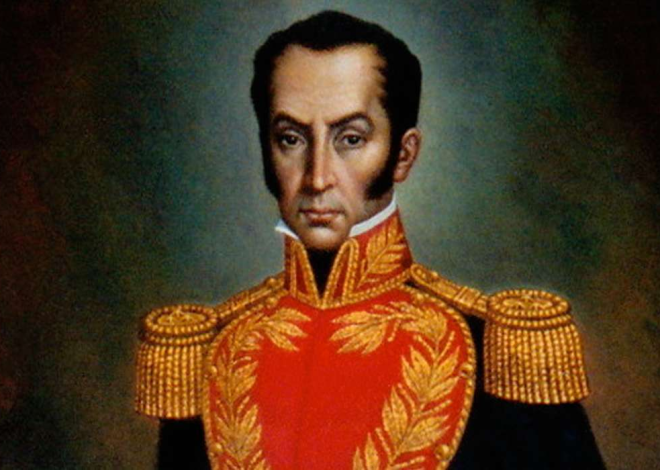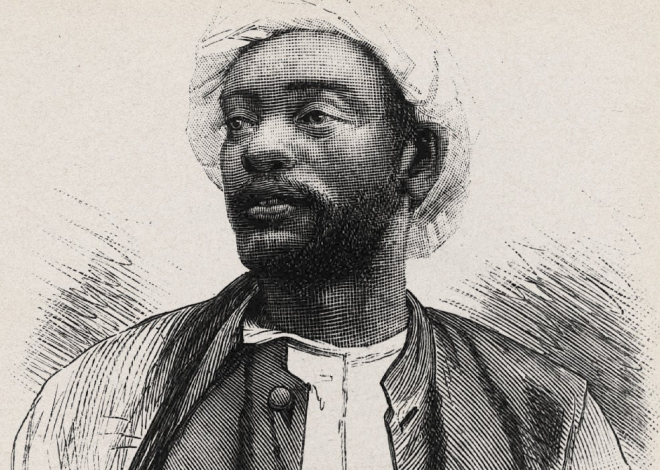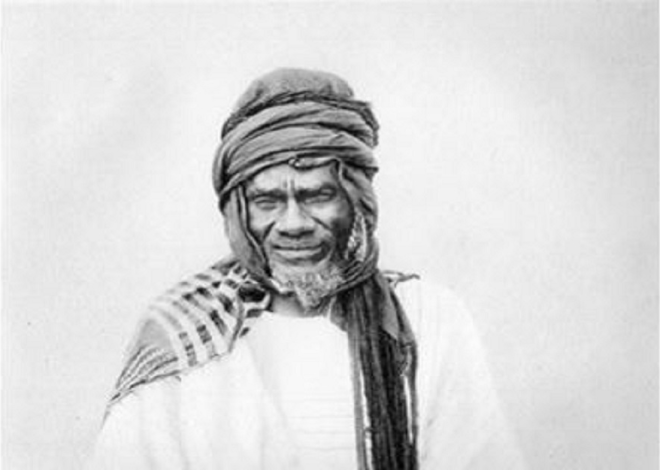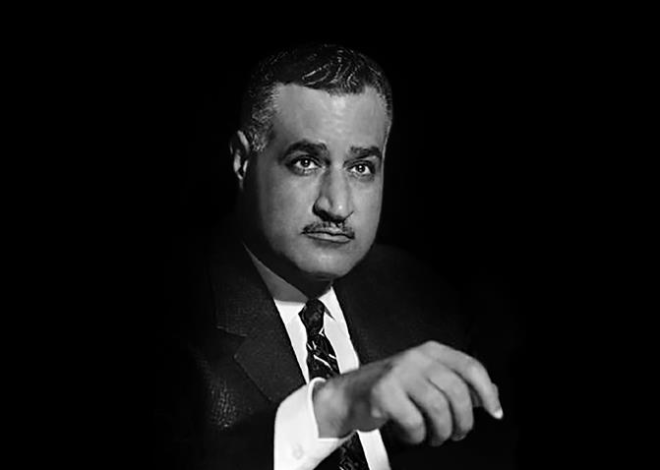
Kenneth Kaunda
Kenneth Kaunda, often referred to as KK, was a prominent Zambian politician and the first President of Zambia. He played a significant role in the struggle for Zambia’s independence and in shaping the nation’s early post-independence history.
Here is a detailed description of Kenneth Kaunda:
Early Life and Education:
- Kaunda was born on April 28, 1924, in Lubwa, near Chinsali, in what was then Northern Rhodesia (now Zambia).
- He received his early education at Lubwa Mission School and later attended Munali Training Centre in Lusaka, where he trained as a teacher.
Political Activism and Independence:
- Kaunda’s political journey began in the 1940s when he joined the Northern Rhodesian African National Congress (ANC), a political party advocating for African rights.
- In 1953, he became the Secretary-General of the ANC and later formed the Zambia African National Congress (ZANC) in 1958, which aimed to achieve full independence from British colonial rule.
- Kaunda’s non-violent approach to activism and his leadership in the fight for independence earned him popularity among Zambians.
- Zambia gained independence from British rule on October 24, 1964, with Kenneth Kaunda becoming the country’s first President.
Presidency and Achievements:
- As President, Kaunda led Zambia through a critical period of nation-building. He implemented policies to promote economic development, social equality, and national unity.
- He advocated for the concept of “Zambian humanism,” emphasizing the importance of community, compassion, and social justice.
- Kaunda nationalized key industries, such as copper mining, which was the backbone of the Zambian economy. This move aimed to exert greater control over the country’s resources and wealth.
- He supported education and healthcare initiatives, expanding access to these essential services for Zambia’s citizens.
- Kaunda played an active role in regional diplomacy and was a strong supporter of liberation movements in Southern Africa. He provided refuge and support to anti-apartheid activists from neighbouring countries.
Challenges and Transition:
- Kaunda faced challenges during his presidency, including economic difficulties, a decline in copper prices, and political opposition.
- Zambia experienced a shift toward multiparty democracy in the early 1990s, and Kaunda faced pressure to allow greater political pluralism. In 1991, he was defeated in Zambia’s first multi-party presidential elections by Frederick Chiluba.
Legacy:
- Kaunda’s legacy is marked by his role in Zambia’s struggle for independence and his leadership in shaping the nation’s early post-independence history.
- He is remembered as a statesman and a symbol of African nationalism. His commitment to peaceful diplomacy and his strong stance against apartheid in South Africa contributed to regional stability.
- Kaunda remained active in international diplomacy and humanitarian causes even after leaving office.
Kaunda passed away on June 17, 2021, leaving behind a legacy of leadership, advocacy for social justice, and a commitment to African unity and development. He will always be remembered as one of Zambia’s founding fathers and a key figure in African history.







